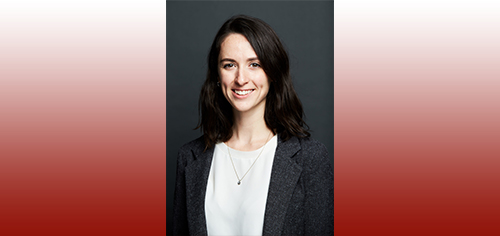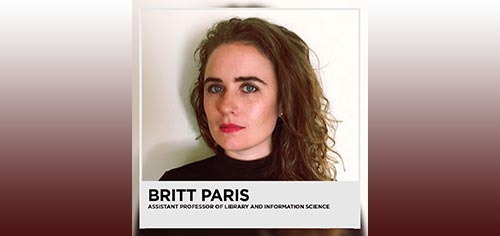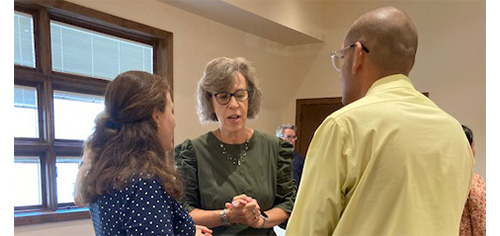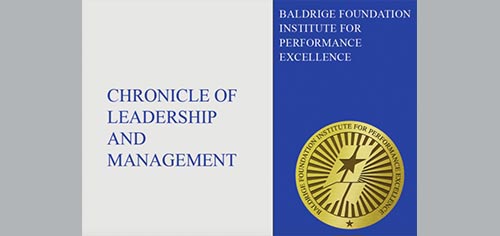Juan D. González Is Featured in “Takeover” As a Co-Founder and Leader of the Young Lords
“Takeover,” a documentary chronicling the day in 1970 when the New York Young Lords occupied Lincoln Hospital in the South Bronx, explains how the protest and takeover ultimately led to a new understanding that health care is a basic right for all Americans, as well as a national Patient Bill of Rights.










